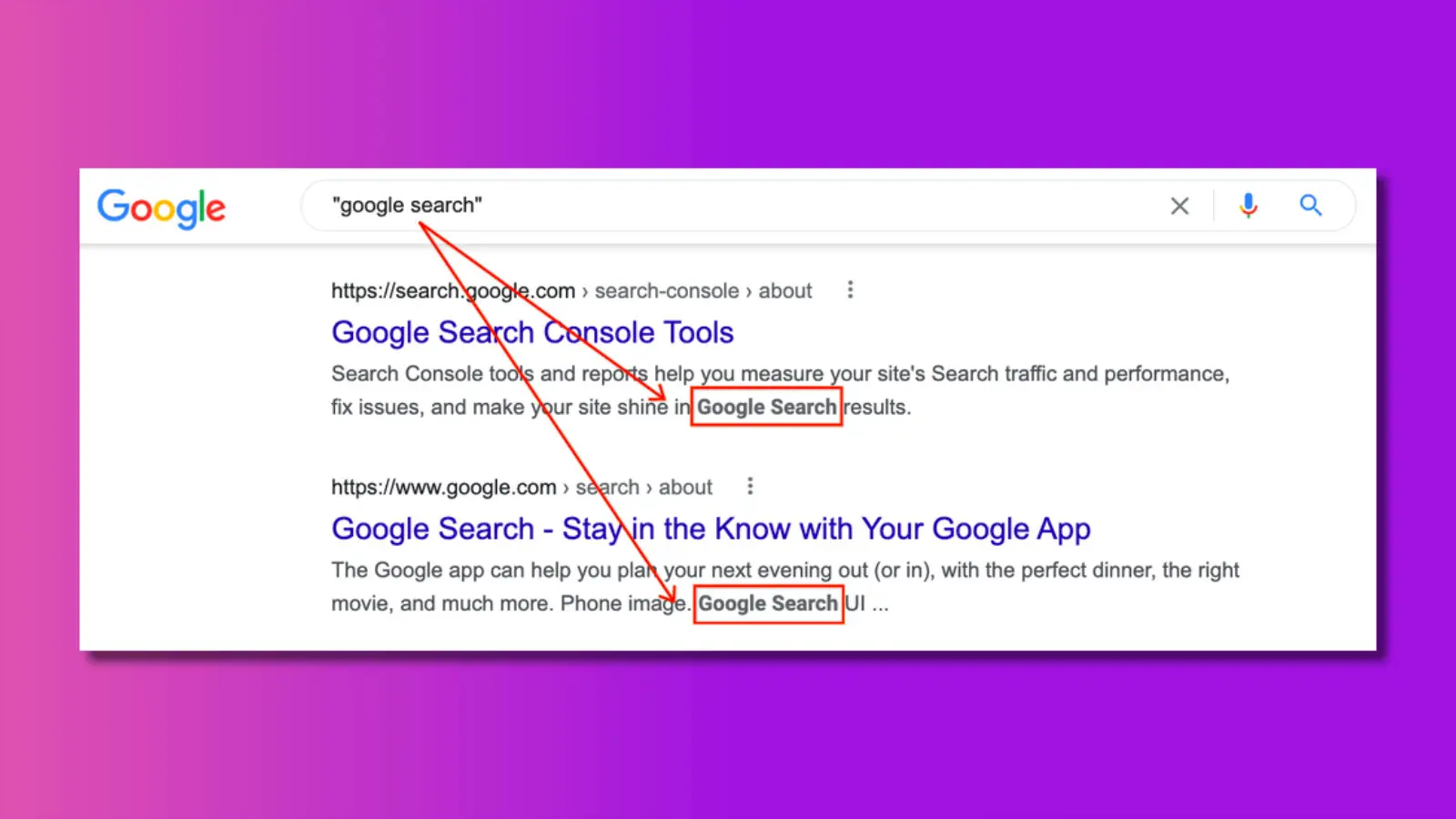New Google Search update makes finding results even easier
Quotations in search now work even better.

Google is rolling out a handy update to how it handles searches when search terms are in quotation marks. The update means you’ll be able to find the information you’re looking for quicker, and we’re all for that.
Google Search has long worked with operators — symbols like quotation marks, plus and minus signs, and more — to specify which parts of your search are important.
The new change means the results will better represent the important part when you use quotation marks.
Take a look below. The search term “google search” was put in quotations, so Google looks for that specific order of words. When the results are returned, the snippets have Google Search in bold type, showing exactly where they are to be found on the page.

Google also has a few tips for when using quotes in case you don’t see what you’re looking for straight away.
For a start, quoted search terms could match “content not readily visible on a page.” Those could be JavaScript popups that don’t show until you click on them, meta description tags, or even ALT text.
If you don’t see your search terms, try clicking around. Or try the Developer Tools search, which will search through the non-visible text like drop-down menus.
The page might have changed since Google last indexed it. In that case, try the cached copy to see where your terms were removed from.
There are also some quirks with the update, however:
- Quoted terms might only be in title links or URLs
- Search sometimes reads punctuation as spaces
- If the quote is in multiple places, it might not show them all
- Bolded snippets “generally only work on desktop”
Despite these limitations, the new update makes Google Search’s quote feature easier to use.
Have any thoughts on this? Let us know down below in the comments or carry the discussion over to our Twitter or Facebook.
Editors’ Recommendations:
- Google Search is improving local results and image search
- Is Google shutting down Stadia?
- Apple’s next entry-level iPad could abandon the headphone jack
- Microsoft adds Discord voice chat to Xbox consoles
























